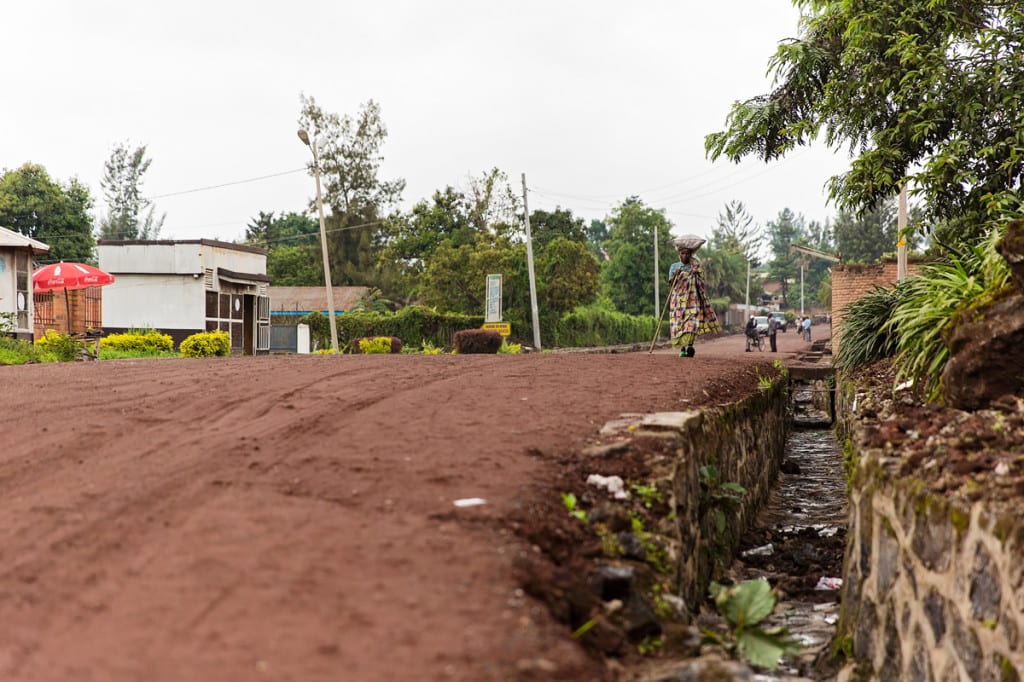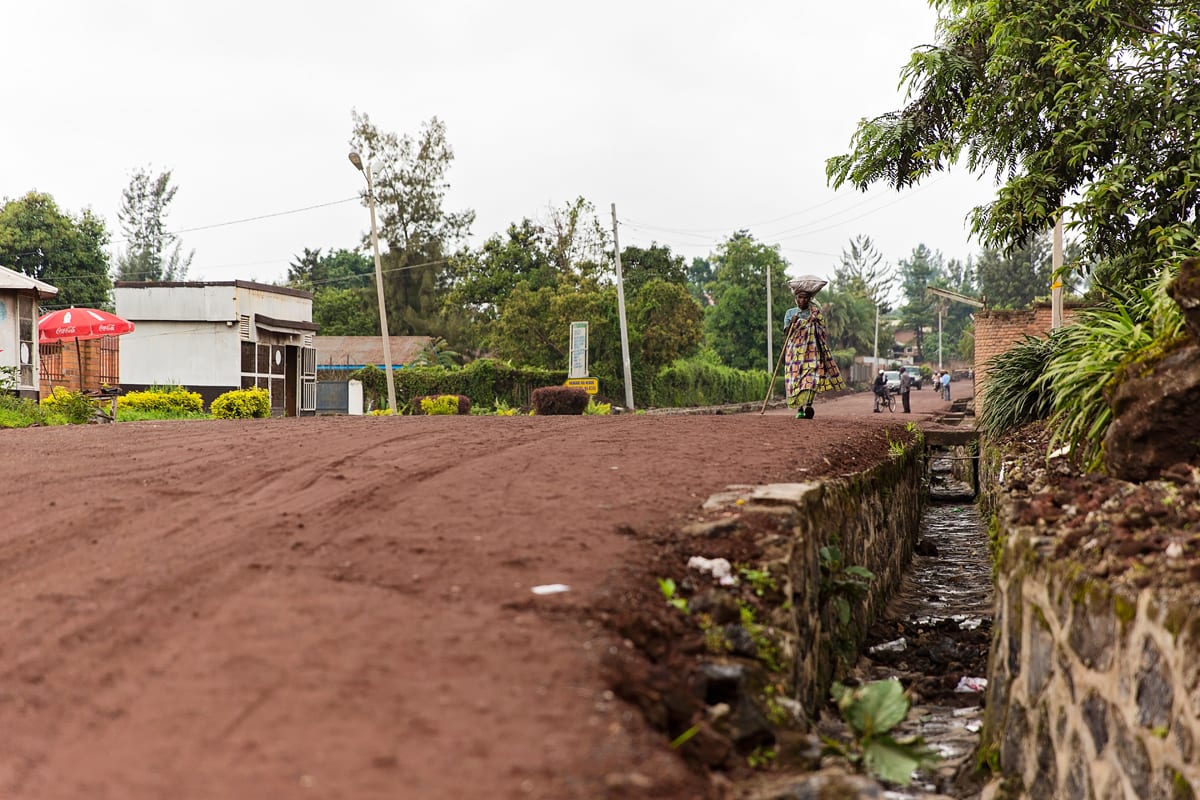 We’ve just boarded our RwandAir flight to Johannesburg and, as I sit in my seat, quietly roasting aboard this stifling sardine can listening to the unending and ever-so-peaceful wails of the Cabbage Patch Kid lookalike in front of me, I can’t help but feel slightly sentimental about our time in East Africa coming to an end.
We’ve just boarded our RwandAir flight to Johannesburg and, as I sit in my seat, quietly roasting aboard this stifling sardine can listening to the unending and ever-so-peaceful wails of the Cabbage Patch Kid lookalike in front of me, I can’t help but feel slightly sentimental about our time in East Africa coming to an end.
I feel like there’s so much at play here. Politics, reputation, charity, integrity – the involvement of or search for any and all of these mean that we are seeing folks arriving on the continent who may have untold impact, both positive and negative, on the communities in which they find themselves. I have struggled to come to grips with aid organisations who are providing temporary solutions without long-term plans; I’ve listened to countless American nurses who have travelled here to teach about the medical profession, without seeming to understand the realities of delivering medical aid in East Africa; I’ve eavesdropped on a Canadian explaining her organisation’s efforts to help farmers learn the benefits of planting crops that will minimise the long-term soil erosion problems that Rwanda is facing and which, if left unchecked, have the potential to lead the country into full-scale agricultural crisis and famine in the very near future. Some of these efforts are misguided; others seem like they may actually provide potential for improved quality of life for residents. Perhaps I’m too cynical for my own good, but I can’t help feeling that almost all of the projects we’ve heard about are designed to make their Western-world counterparts feel better about themselves, regardless of how they actually improve the lives of the residents they seek to support. It feels a little too much like something from a Joseph Conrad novel for me to buy into it.
I’ve battled with feelings of intense frustration over the amount of misguided and mis-translated begging taking place, and the fact that it must have, in some way, been enabled by some tourists over time or it wouldn’t continue to exist now. On the journey to and from Bukima Camp, as we drove through remote Congolese villages in the raised seats of our Land Rover, it felt like we should be travelling along to the strains of “Hail, the Conquering Hero” – there were so many children running towards our vehicle to beg. Walking past teenage boys in every city, we would inevitably hear the astonishing (and accidentally) seemingly-entitled demand, “Give me my money.” Any roadside pause in a vehicle seemed to send out a silent signal to any nearby children, who would appear like cockroaches at midnight, to plead at car windows. Why is this happening? What idiotic tourists are rewarding this behaviour with free handouts and reinforcing the belief that Westerners will rain goodies down upon them?! I understand the mzungu fascination; we’ve seen it at work in Asia countless times. But I don’t understand what – or perhaps more accurately, who – has enabled such a dependent, subordinate relationship with Westerners.
Cynicism aside, our trip has been an interesting one. If asked for an adjective to describe this trip, I’d immediately be tempted to choose “difficult.” Upon further reflection, though, I realise that particular adjective is incredibly unfair. While we’ve worked harder and struggled more at being tourists than ever before, we’ve also succeeded to a large degree while we were in Uganda and, even when success seemed unlikely, we’ve taken in some beautiful sights. It has taken three weeks to get used to the idea that there just aren’t many backpackers in East Africa (we’ve only met two others in three weeks) – whether that’s because of a misguided fear of ebola or because almost all Westerners really are here as volunteers first and tourists second, I’m not sure – but it’s very clear that there really aren’t many of us skipping the option to hire a driver to chauffeur us, a la Driving Miss Daisy, around the countryside, and choosing to hop on the bus instead. But away we went, cozy seating plan, less-than-ideal road conditions, questionable driving practices, and all.
We’ve been rewarded with views of tea plantations stretching over rolling hills; marvelled at the efficiency of Rwanda’s terraced hills. We’ve chuckled at the instant reaction for locals to pipe up with “Sorry, sorry,” as soon as anything happens to you (most notably when Rich bumped the table and spilled a bit of my tea at the airport and the staff apologised to him). We’ve soaked in the serenity of Lake Bunyonyi and its near-silent, dugout canoe culture; and gazed in awe over the grasslands, forests, and marshes in these three countries’ many national parks. We’ve shared bus seats and car seats with bums far smaller and more accustomed to the unusual space assignments; exchanged curious glances and been stared down by toddlers seeing their first white face. We’ve stared in horror at evidence of human atrocities far beyond anything our privileged brains were capable of conceiving; and laughed with locals and their children over games and street-side entertainment. We’ve marvelled at the engineering wonders at play in countries where not only is the wiring exposed and ungrounded, but it’s often McGyvered into something practical, such lamps that have no off/on switch – just a plug. We’ve watched the afternoon clouds roll in, heralding the late-afternoon thunderstorms that were common along most of our journey.
While the deep, dusty ochre of Cambodia’s soil (interestingly enough, that was originally typed as “soul”) draws me back, the verdant green hills of East Africa push me onwards with the knowledge that I’ve clawed my way to every experience had here. And yet, part of me wants to stay, knowing that this beautiful little corner of the world has so many more secrets to share and that it won’t give them up willingly to just anyone – you really do have to want to learn more.



